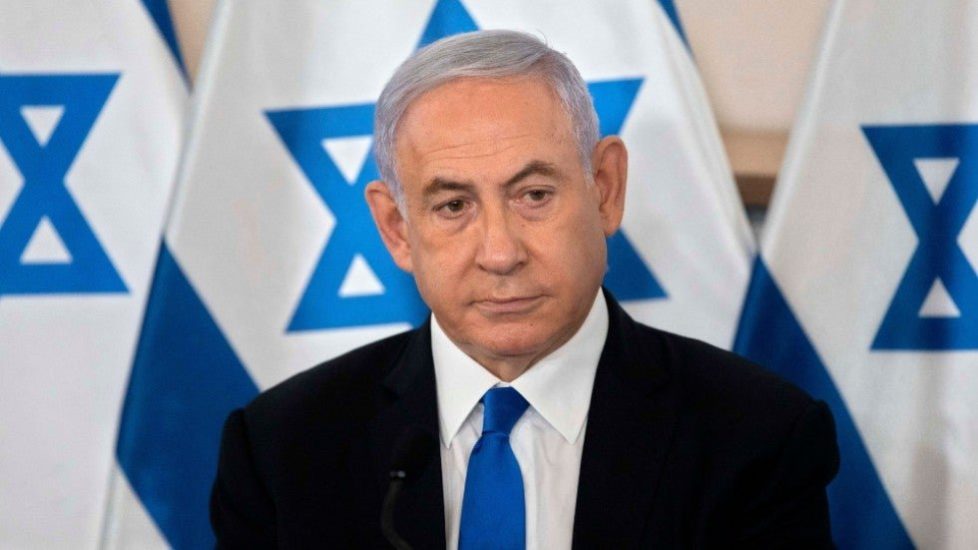Israel Targets Hezbollah Military Leader In Beirut Airstrike
Israel has launched an airstrike on Beirut’s southern suburbs targeting the chief of staff of Lebanon’s Iran-aligned Hezbollah on Sunday.
In a statement, Prime Minister Benjamin Netanyahu’s office said the strike was one of the first in months on the neighbourhoods that house many Hezbollah officials.
Reuters, citing an Israeli source and a Lebanese security source, said it was aimed at senior military commander Ali Tabtabai.
Netanyahu’s office did not confirm whether Tabtabai was killed.
A senior U.S. official told Reuters that Israel did not notify the United States before carrying out the strike, according to a report by an Axios journalist on Sunday.
The administration was informed immediately afterward, the official said, while another U.S. official noted that Washington had been aware for days that Israel intended to escalate strikes in Lebanon.
Advertisement
The strike hit a major road in the densely populated southern district of Beirut, where residents said they heard the roar of warplanes moments before the explosion.
Medical sources also told Reuters that at least two people were killed and around two dozen wounded were taken to nearby hospitals. There was no immediate comment from Hezbollah.
The United States sanctioned Tabtabai in 2016, describing him as a key military leader within Hezbollah and offering a reward of up to $5m for information about him.
The strike comes amid a campaign of intensified Israeli operations in southern Lebanon.
Israel’s actions over the last two years have killed Hezbollah’s former leader Hassan Nasrallah, much of the group’s senior military command, and an estimated 5,000 fighters.
Advertisement
Speaking to his cabinet hours before the strike, Netanyahu vowed that Israel would continue to combat what he called terrorism across multiple fronts.
“We will continue to do whatever is necessary to prevent Hezbollah from reestablishing its ability to threaten us,” he said.
Israel says its near-daily airstrikes in southern Lebanon are intended to prevent Hezbollah from rebuilding military infrastructure in the border zone.
Hezbollah insists it has complied with conditions requiring it to withdraw from the frontier and allow Lebanese army deployment.

